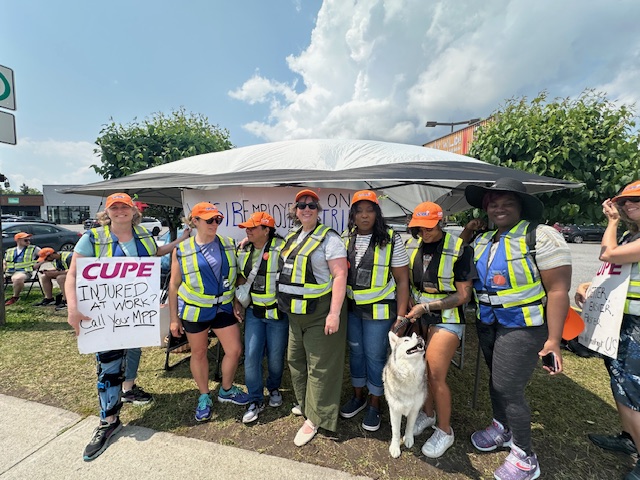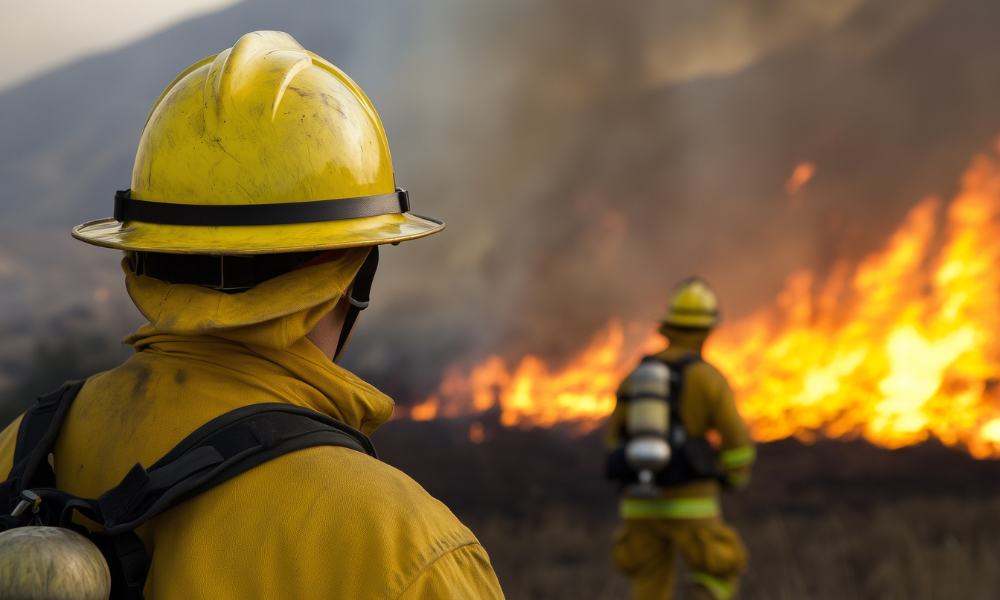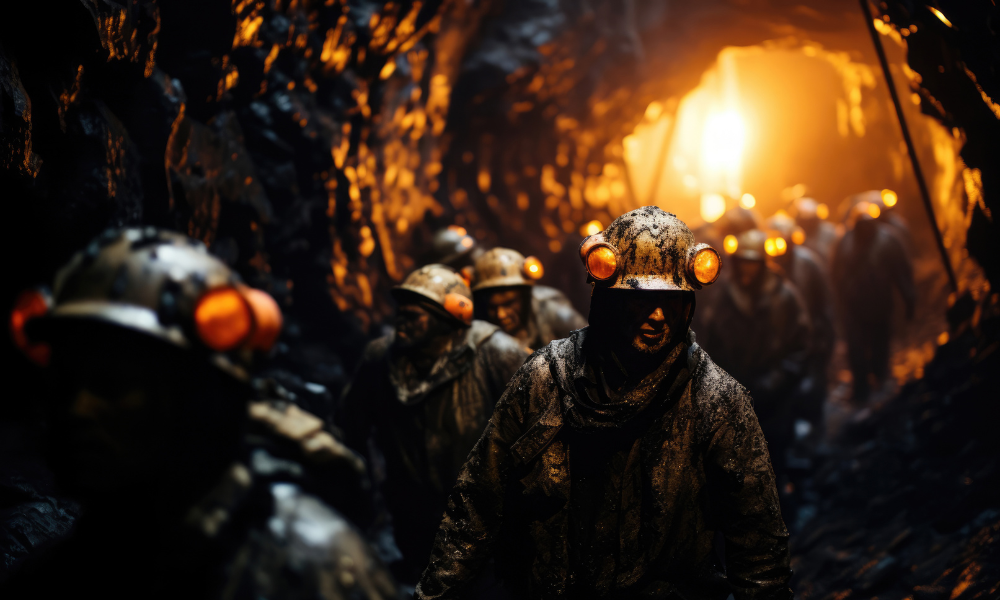Toronto Construction Association aiming to reduce fatalities
The new chair of the Toronto Construction Association (TCA) has one clear focus — safety. According to Romeo Milano, in this day and age, there is no excuse for the number of accidents that occur on work sites.
“There should be no reason for a fatality on a construction site, in my opinion,” he says. “Every year, we always hear someone fell off a roof or had an accident with a piece of machinery and it should not happen."
The TCA’s mandate is to help members grow their businesses and promote the highest standards of professionalism within the construction industry. Founded in 1867 as the General Builders’ Society, TCA has more than 2,200 member companies representing 300,000 construction practitioners.
While the construction industry doesn’t have the best safety reputation, Toronto in particular has made headlines with high-profile incidents, such as the Metron case where four workers died on Christmas Eve in 2009.
“At most of these large GC (general contracting) firms at the administrative level, it’s in their DNA, safety is paramount, it’s the most important thing on their agenda everyday, so how come it breaks down? It’s not from lack of trying, these companies spend a lot of time and they’re trying to get through to their workers,” he says.
The TCA hopes to help companies drill the safety message down to their front-line workers. As a starting point, Milano wants to do more job-box talks and stress the importance of safety specific to a worker’s tasks, not just in general terms.
“When we’re on a job site, we see guys on ladders reaching for their helmets, getting their safety boots out of the job box, they shouldn’t have to wait until an official shows up on the job site in order to don their hard hat and their safety boots; it should be a part of their culture — when they wake up in the morning, the first thing they do,” says Milano.
One option might be to increase the fines for workers who do not wear their protective equipment on site, he says. For example, the $195 fine for not wearing a hard hat might not be sufficient.
Partnering with the MOL
TCA has developed a partnership with the Ontario Ministry of Labour (MOL). It has redesigned its website with a member’s resource section that includes key initiatives and press releases from the ministry.
“We take for granted the importance of a human life; nothing is more important or should be cherished more than life itself and we have a responsibility to communicate that,” says Milano.
The ministry also had a booth at TCA’s annual member’s day in May — which had about 400 members in attendance — to promote the importance of safety.
Milano’s day job is a principal and senior project manager at Safetech Environmental in Mississauga, Ont., which he started with two colleagues 10 years ago. The firm specializes in environmental issues, such as asbestos, indoor air quality, mould contamination, radon monitoring and occupational hygiene.
“We inform (TCA) members what’s the latest news on how to deal with lead, how do we solve poor air quality in a building; issues they do come across in construction projects so we kind of help our members out by providing the information we come across in our day to day work,” he says.
Through Safetech, Milano sees a lot of “what goes on” at companies, such as the prevalence of slips and falls. For example, job sites can be a mess, with stuff all over the floor, and no one takes responsibility for it, he says.
“Mysteriously, nobody made the mess, but yet you can slip and fall everywhere you turn, and it all falls back on the shoulders of the general contractor and you can get into all these kinds of disputes. There shouldn’t be these disputes; they should all be working together as a team to keep the place clean.”
Scaffolding is always an issue with people not using their fall arrest systems properly. Lockout is a concern as well with guys getting shocked every day because they are not following proper procedures, says Milano.
The TCA is involved with lobbying government for changes that would benefit the industry, such as the Builders Lien Act reform, prompt payment legislation and Workplace Safety and Insurance Board (WSIB) reform, says Milano.
“Those are really key issues in our industry because every year rates go up for WSIB, for example, and there’s an underground economy that’s forcing the rest of us to pay for that,” he says.
To offer professional development opportunities to its members, the TCA is affiliated with the Construction Institute of Canada. The institute offers a range of Gold Seal Certified courses, as well as programs and seminars, on topics such as leadership, management techniques, practical business solutions and ethics.
“We want our members to be professional in what they do… so, members can come here and take these courses and become better professionals at doing their job,” says Milano.
Shaping the next generation
About 11 years ago, Milano was a part of the first education and careers committee at TCA. It was a very grassroots outreach program that travelled to grade schools and high schools to teach children about white-collar careers in construction.
“Every time a kid thought of construction, they always thought of the traditional trades and were never really looking at construction as a career option from the management side,” says Milano. “We would go school to school, almost like a little dog and pony show, where we would reach out to kids and inform them of these options.”
Now, Milano mentors students at his alma mater, St. Michael’s High School in Toronto, and he speaks to a group of graduating students every year about career opportunities in construction.
Milano hopes one day there will be a course available to high school students that covers construction health and safety — and this is something the Construction Institute of Canada is considering.
“It would qualify for education credits, so that might be a bit of an incentive for some guys if they are short credits, they can enrol and take the course through the (institute),” says Milano. “It’s on the drawing board table.”
Making sure health and safety is discussed early on in education — perhaps not necessarily high school, but definitely in college — is key to reducing the number of accidents and fatalities, he says.
“It has to be part of their curricula. They understand right from day one, if you want to work in this industry, this is the way you have to do it, this is what’s important,” says Milano. “I think it has to start at that very infantile stage in order for it to become culture.”





